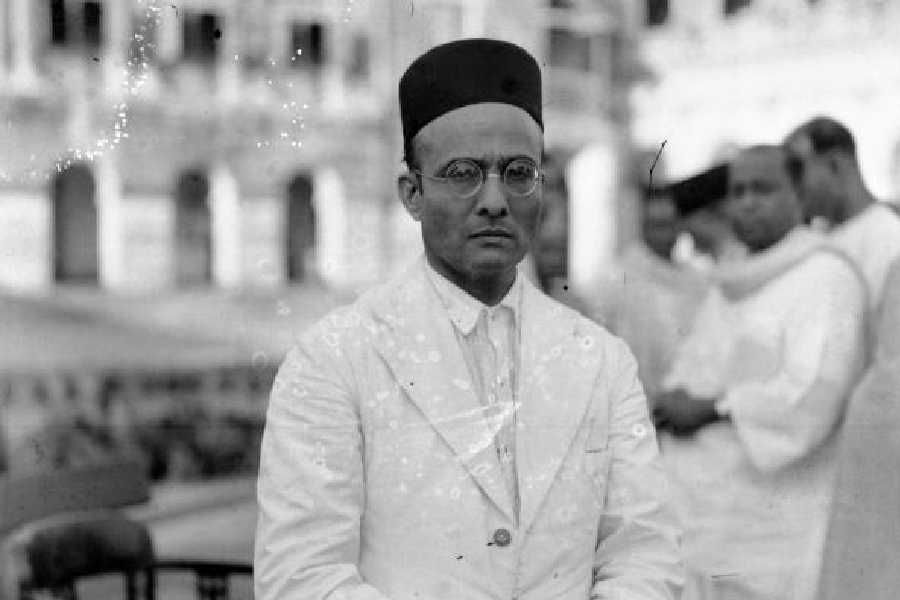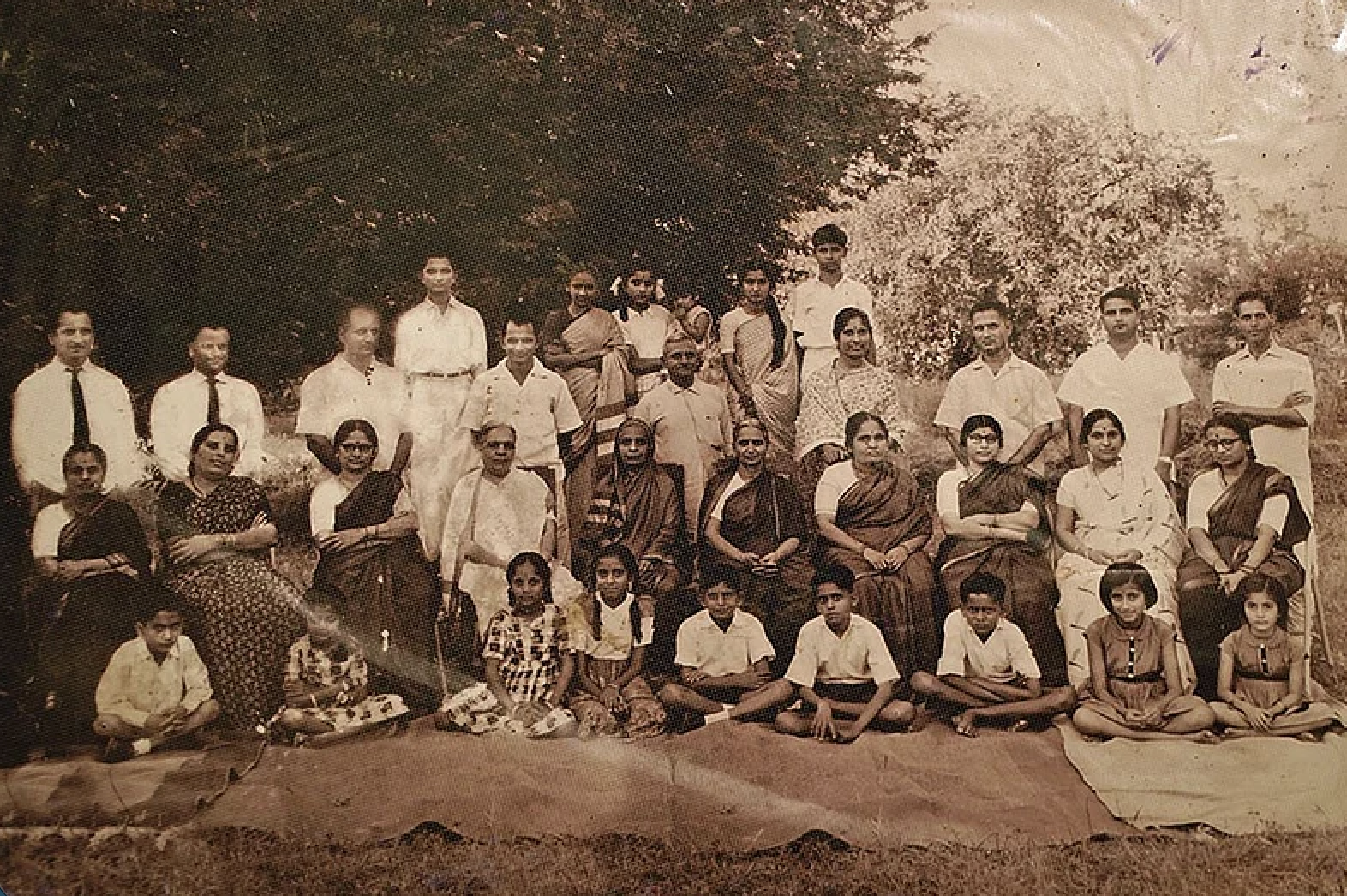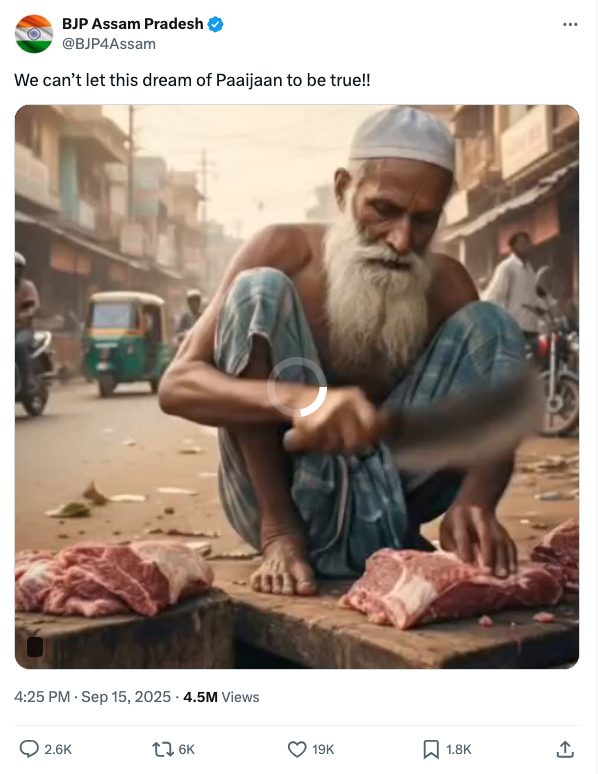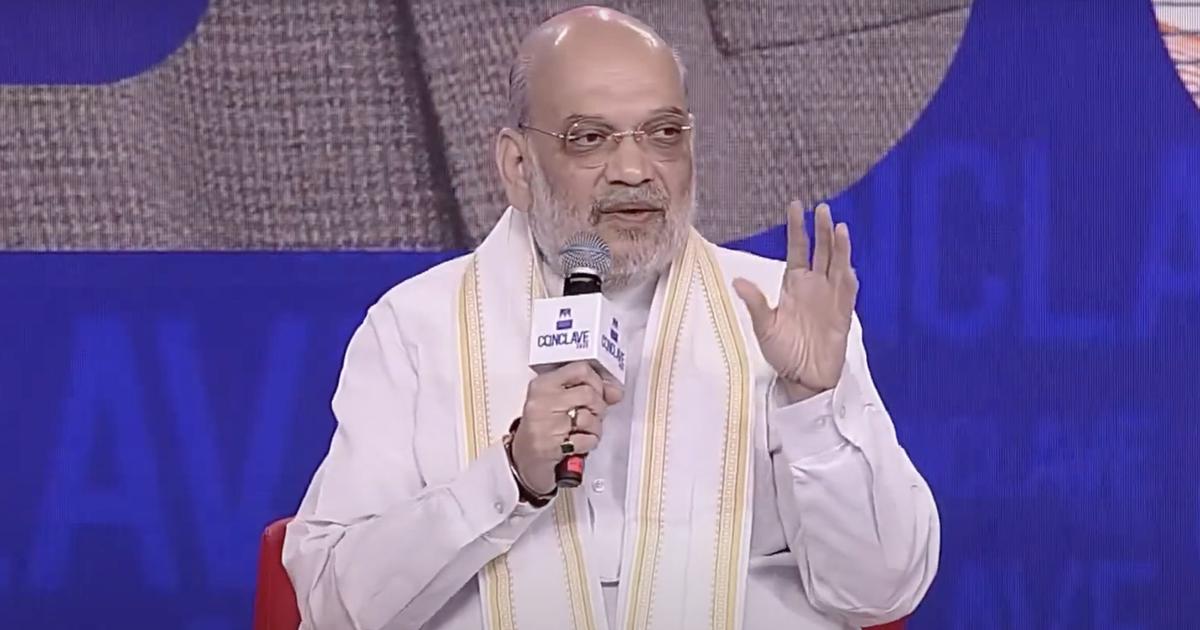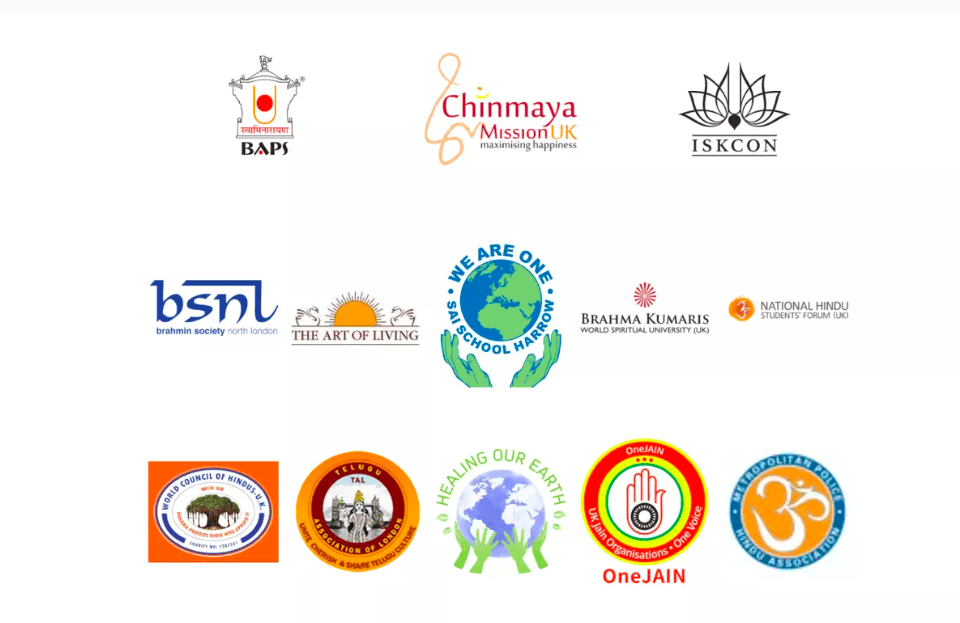By Shivam Patel
NEW DELHI, May 25 (Reuters) – Suhel Mansuri, who carries scars from Hindu-Muslim riots that killed dozens in his district of India’s capital in 2020, says his vote on Saturday in national elections was for “peace and brotherhood” as divisive religious rhetoric rises.
Mansuri and his brother were surrounded by a crowd during the riots in Delhi’s most densely populated district and beaten with iron rods and bricks, resulting in multiple bone fractures.
Saturday’s vote is the first since the riots in which at least 53 people, mostly Muslims, were killed and more than 500 injured as crowds roamed the streets for days, attacking each other with swords and guns, and setting buildings on fire.
“I don’t want anyone to suffer like this ever again,” said Mansuri, 29, a Muslim who has a small clothing business in the Mustafabad area. “People forget that we’re all just the same as the next person when they are incited by hateful speeches.”
Rhetoric focussing on religion and inequality has dominated much of India’s massive seven-phase vote running through June 1, as Prime Minister Narendra Modi’s Hindu-nationalist Bharatiya Janata Party (BJP) faces accusations of targeting minority Muslims in its campaign.
This story was originally published in reuters.com. Read the full story here.


